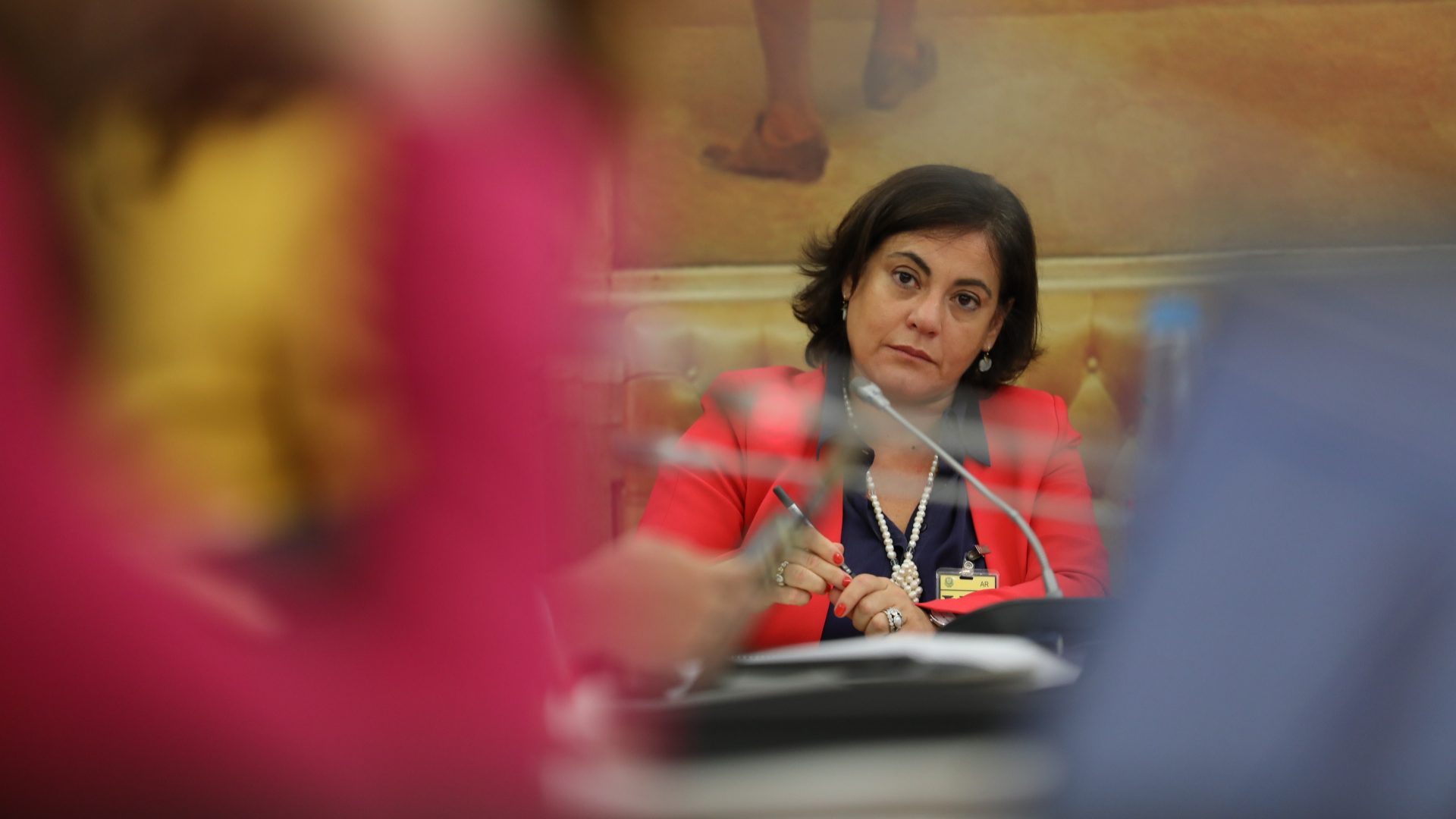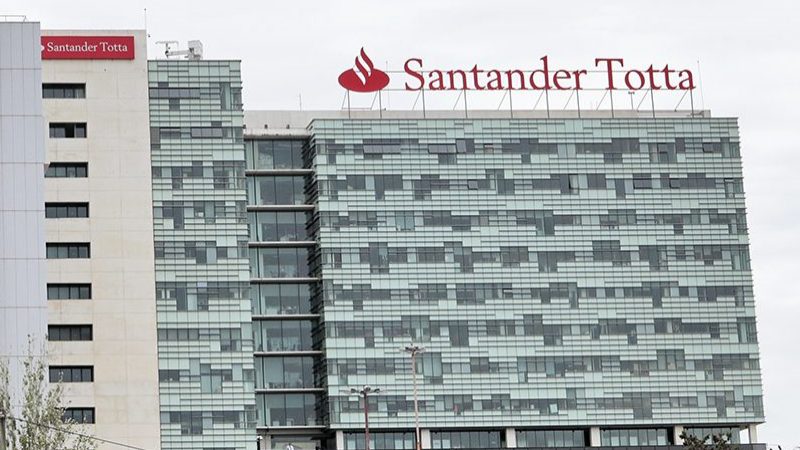Gabriela Figueiredo Dias: “Cryptocurrencies will be ordinary ways of investing in the future”
According to CMVM's leader, digital coins will be something ordinary in the future. But she warns against the dangers of abuse, lack of transparency, fraud and flaws in supervision for investors.
Blockchain, Initial Coin Offering (ICO), tokens, cryptocurrencies… although regulators from all over the world frown uppon the new world of digital coins, Gabriela Figueiredo Dias, president of CMVM (Portuguese Securities Market Commission), believes these new concepts will be merely “ordinary ways to invest” in the future, integrating a technological transformation in the financial sector that authorities cannot ignore.
“The technological innovation movement in Fintech is coming at a considerable speed (which we did not all wanted to admit)”, Gabriela Figueiredo Dias writes in an opinion article published in the Portuguese magazine Exame.
“Nowadays, after an algorithmic negotiation (currently incorporated, but still not trusted by regulators), crowdfunding, sandboxes, blockchain, robot advice, ICO, tokens, cryptocurrencies are concepts that are already included in the common lexicon and, in the future, they will be ordinary ways to invest”, Gabriela Figueiredo Dias stated.
Nowadays, after an algorithmic negotiation (currently incorporated, but still not trusted by regulators), crowdfunding, sandboxes, blockchain, robot advice, ICO, tokens, cryptocurrencies are concepts that are already included in the common lexicon and, in the future, they will be ordinary ways to invest.
But just like in all evolutions, this movement driven by fintech presents several risks, CMVM’s president recalls, who, in the past few months, has tightened the security on the Portuguese market concerning the negotiation of financial products connected to digital currencies. What are the risks? “Abuse, lack of transparency, new ways to commit fraud”, she says.
And she goes on with the list of potential dangers: “Flaws in supervision, due to the different speed of knowledge supervisors have in comparison to the technological evolution and innovation. And also the ultimate risk of regulators and policy makers being alienated from reality and denying innovation and its potential: offering more sophisticated services, less complex, and smaller costs; and a relevant potential, if fully understood, of the advantages of the financial inclusion, rigor and transparency of the operations and of supervisory efficiency”.
Gabriela Figueiredo Dias believes the new reality imposed by the technological transformation are simply meant to be “accepted and followed”. “Refusing the digital transformation would be denying reality and loosing the chance to adapt to it in adequate and proportionate terms”, she justifies.




